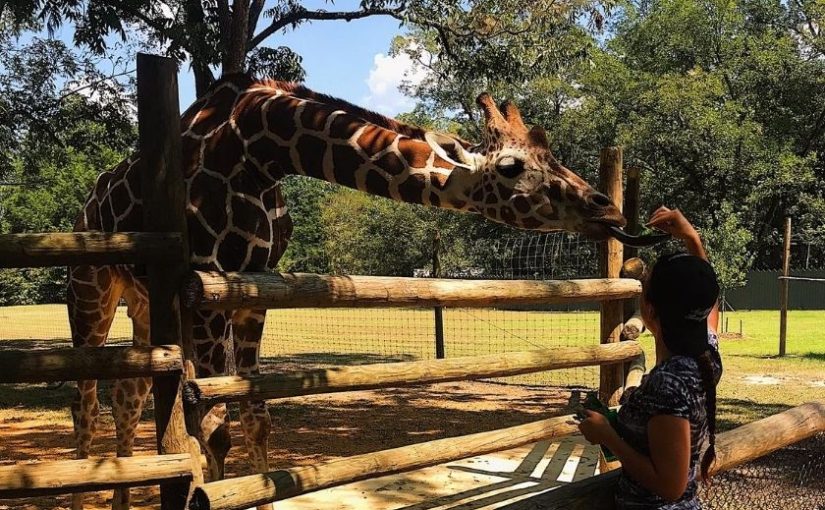
“Hey, what can you tell me about podcasting?” I asked a friend one day when the idea behind Edcuationeering was new in my mind.
“Actually,” she replied, “I just did an episode where I covered the basics of creating your own podcast. Check that out, then we can do a quick call.”
I did, and fell in love with her podcast, Photosynthesis, immediately. I began putting the ideas in my mind to use, and before I knew it I was hosting my very first interview.
Later on, after searching all the free music download sites on the internet, I came across an article by a fellow Praxian about his music project. I reached out to him about possible intro music for my new idea.
Immediately, he jumped on it, and late one night, he sent me a beautiful soundtrack for the podcast.
But what about a logo? At just that moment, another friend posted on Workplace about a project he was doing: creating logos. He wanted actual projects if at all possible. So I messaged him my abstract concepts surrounding the podcast. He developed the fascinating bow-and-arrow logo which has become the face of an idea that birthed itself in my mind only two months ago.
All of a sudden I realized: this is networking! Before, it was an elusive concept that every entrepreneur around me attested to. Now, it was a real process coming alive in my personal experience. I looked around me: all those emails and phone calls promoting my idea were building social capital. Each interview I host gives me one new connection built over an hour-long conversation.
And I couldn’t help but laugh at the big deal most people think networking has to be. I am by no means an expert, but haven’t humans connected with each other for thousands of years?
Yet there are tips from gurus everywhere: Go to this conference, or do that one simple trick that will solve all your social issues.
The idea of “networking” has become so overused that we have lost what networking power we may have had. Instead of building relationships based on mutual goals or common ideas, we have created a formula which we employ to robotically reach out to others.
Don’t miss the chance of genuine friendships because of being so focused on finding the perfect connections. Stop networking and start being:
1.Be excited about what you’re doing.
Alec Steele is a famous Youtuber who makes videos that document his process as a blacksmith. He dropped out of school at age 16 to focus on his passion.
He’s found his niche in an area not many Youtubers frequent. But the reason his videos get so many views is due mostly to his love of the trade and general zest for life. It comes through in everything he does.
Show your work. Document the process. Do what you do with passion; people are naturally drawn to those who love their life.
2. Be genuinely interested in other people.
Jesus’ parents found him in the temple at age 12, after searching for him for three days. What was he doing? Networking. He was engaged in the deep questions of rabbinical discussion that were common in the Jewish culture. He simply threw himself into the topics at hand, and the people around him were amazed at the wisdom of his questions and answers.
One of the most influential men to walk this earth, Jesus didn’t have a special 3-step formula for getting people to like you. His networking advice was, “Do unto others as you would have them do unto you.”
This concept is a good one for everyone to ponder. We love when others show interest in our lives. We gravitate toward people who like us. We love people who listen to our thoughts and dreams.
Want networking advice? Be the person who cares genuinely about others.
3.Be a Value Creator.
A local company called Knightly Creations had a stand at the lumberjack festival my family went to recently. Their stand with its sparkly customized objects attracted my younger sisters, who were my charges for the day. They got caught up with the idea of the raffle being held. After I explained the concept of probability and warned them of the risk involved, both girls decided to invest two dollars into the raffle.
The day wore on. I didn’t expect to ever receive a call. The odds were definitely stacked against us. But I was surprised to pick up my phone and realize that the owner of the very stand where we had bought the tickets was calling me.
“Hey,” he said, “We drew the tickets recently, and your sisters’ tickets were unfortunately not drawn. But I wanted to make them each a mug anyway.”
I was honored, and my little sisters were thrilled. A week later they had their customized pink mugs, complete with unicorns an sparkles.
This random act of kindness had a huge impact on me. Because the owner of that stand noticed my little sisters, he created immense value for me. He didn’t have to ask me to post reviews all over social media highlighting the awesome customer service of the company.
I’ll bet he had no idea that he was networking. He was just creating value for other people, being genuinely interested in the learning process of my sisters.
Networking is much easier than you thought.
It’s not about doing everything just right. Be yourself, create value for others, and reach out to people. When you get down to the basics, it’s achievable.
For more resources on this idea of networking, check out:






